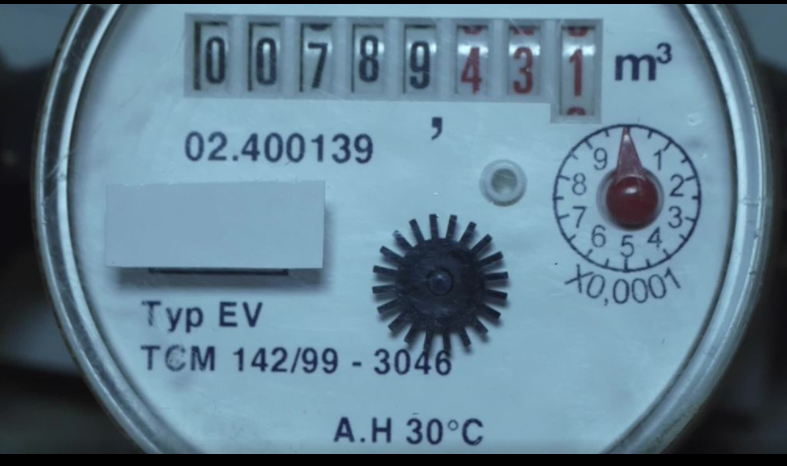Longmont residents will see increases in their water and electric bills in February as part of a utility rate schedule set in place two years ago.
This is the second year of a two-year electric rate adjustment and five-year water rate adjustment city council approved in December 2019. The rates took effect Friday.
The electric rate is going up 5.4%, which will result in a typical residential user’s bill going up by about $3.67 on average for the same usage, Scott Rochat, spokesman for Longmont Power and Communications, said in an email.
“Even with these changes, Longmont’s electric rates are still the third lowest in the state for residential users and for most businesses,” Rochat said.
The water rate increase is 9%, Rochat said. For the average residential user that translates to an additional $3.80 per month for the same usage.
Council voted to boost utility rates for a variety of reasons, according to a city webpage dedicated to the rate schedule. That page states the increased rates will allow Longmont to:
- Upgrade the city’s electric system to advanced metering infrastructure.
- Replace the customer information system used for utility billing.
- Adopt seasonal energy rates to encourage greater energy efficiency in summer months.
- Expand water treatment capacity to replace the retiring auxiliary treatment plant.
- Replace water lines and infrastructure, pay wholesale electric costs, and otherwise cover needed maintenance, operational and improvement costs for the utilities.
The higher water rates were calculated to make sure they were sufficient to support bond payments for the $80 million water bond issue passed in November, Becky Doyle, assistant director of business services for Longmont’s public works and water resources division, told the Leader in October.
As in 2020, a summer rate is included to help encourage greater energy efficiency at a time when electrical demand is highest, Rochat said. The summer rate applies to energy usage June through September,
Electric usage was up during that period this summer and beyond, driven by the COVID-19 pandemic, Rochat said. Between March and November, the city’s total kilowatt-hour usage was up to 2.5 % over the year before.
There was a more pronounced jump in residential users — electric kWh usage in that same period went up by 8.9 % versus 2019, Rochat said.
The increases were due to more people working from home and taking remote classes, he said.
“Prior to COVID, it wouldn’t be uncommon for a home to sit empty for a few hours a day while everyone was at work or school; during the pandemic homes were occupied more consistently and more activities took place there, which helped drive the electrical usage upward,” Rochat said.
The pandemic also coincided with major wildfires in Colorado, he added, when people were most likely to keep their homes closed up, which may have contributed to heavier air conditioner use.
Water usage stayed about the same for Longmont businesses over the summer, but went up for both single-family homes and irrigation, Rochat said. That seems fairly typical for a dry hot summer, he said.
Residents seeking ways to reduce electric and water usage can receive free virtual home energy assessments through Efficiency Works, a collaborative effort between Platte River Power Authority and Estes Park, Fort Collins, Longmont and Loveland to cut utility consumption. The online Efficiency Works Store also offers rebates on a number of energy- and water-saving household items, such as smart thermostats and efficient shower heads, Rochat said.
For those who need help with their utility expenses, the Longmont City Assistance and Rebate System, or CAReS, provides financial assistance and rebates for electric and water expenses.


